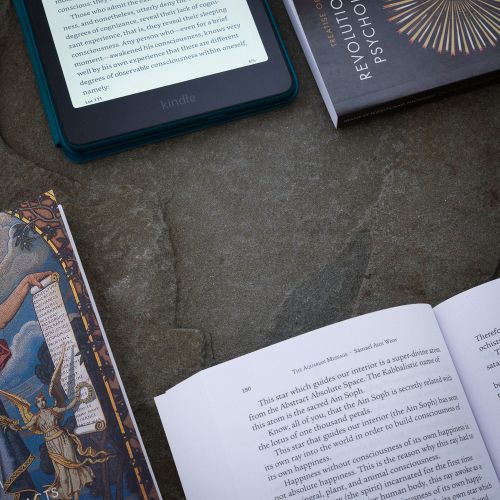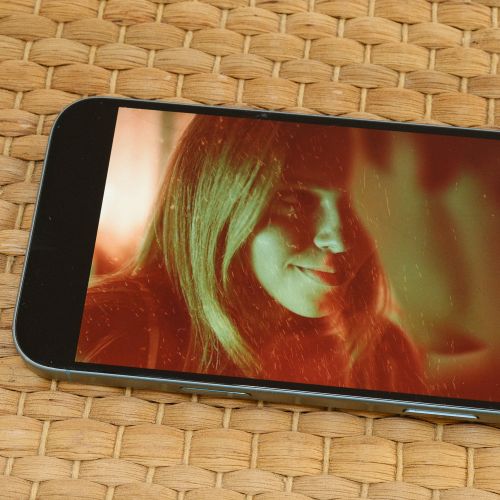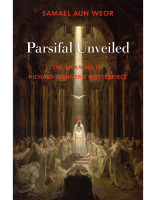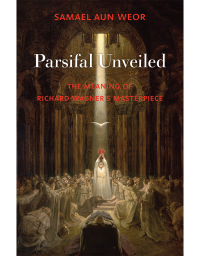Tieh Shan wrote,
I knew Buddhism from the time I was thirteen. At the age of eighteen I entered a monastery… then one day I read a thesis brought by a monk from Hsueh Yen, called “Advance in Meditation.” This made me aware that I had nor yet reached the stage in question. Therefore I went to Hsueh Yen and followed his instruction in meditating on the one word Wu.1 On the fourth night sweat exuded all over my body, and I felt very comfortable and light. I remained in the meditation hall concentrating on my work without talking to anyone. After that I saw Miao Kao Feng, who told me to continue meditating on the word Wu without a moment of interruption, day or night. When I got up before dawn the hua tou2 (“the essence of the sentence”) immediately presented itself before me. As soon as I felt a little sleepy I left the seat and descended to the ground. The hua tou [that is to say, the word Wu] remained with me even while I was walking, preparing my bed and food, picking up my spoon, or laying down the chopsticks. It was with me all the time in all my activities, day and night. He who can fuse his mind into one whole, continuous piece cannot help but attain Enlightenment. As a result of following this advice I became fully convinced of my actual arrival at such a state. On the twentieth of March, Master Yen addressed the congregation:
“My dear brothers, it is of no use to feel sleepy while sitting for a long time on your meditation scat. If you are sleepy, you should leave the seat, walk about, and wash your face and mouth and freshen your eyes with cold water. Then return to your seat, sit with spine erect, freshening your mind as if you were standing on the edge of a ten-thousand-foot precipice, and concentrate on taking up your hua tou [the magical word Wu]. If you keep on working like this for seven days [without resting for even a second], you will certainly come to the Realization. It was such an effort as this that I made forty years ago.”
I began to improve as soon as I followed this instruction. On the second day I felt that I could not close my eyes even if I wanted to, and on the third day that my body was floating in the air; on the fourth day I became completely unconscious of anything going on in this world. That night I stood leaning against a balustrade for some time. My mind was so serene as if it were in a state of unconsciousness. I kept my hua tou [the magical word Wu] constantly before me, and then returned to my seat. As I was about to sit down, I suddenly experienced a sensation that my whole body, from the crown of my head to the soles of my feet, had split. The feeling was rather like having one’s skull crushed, or like being lifted right up to the sky from the bottom of a ten-thousand-foot well. I then told Master Yen about this [indescribable ecstasy] and the nonattaching joy that I had just experienced.
But Master Yen said: “No, this is not it. You should keep on working at your meditation.”
At my request he then quoted from the words of Dharma, the last lines being:
To propagate and glorify the “upgoing" affair
of Buddhas and Patriarchs
You still need a good hammer-stroke
On the back of your head.
I kept on saying to myself: "Why do I need a hammering on the back of my head?” Clearly there was still some slight doubt in my mind, something of which I was not sure. So I went on meditating a long time every day for almost half a year. Then, while I was boiling some herbs for a headache, I recalled a koan in which a question was put to Naja by Red Nose: “If you return your bones to your father and your flesh to your mother, where would 'you' then be?”
I remembered that when I was first asked this question by the guest master I could not answer, but now, suddenly, my doubt was broken. Later I went to Master Meng Shan who asked me: "When and where can one consider his Zen Work completed?”
Again I could not answer. Master Meng Shan then urged me to work harder at meditation and so wash away worldly habitual thoughts. Each time I entered his room and gave my answer to his interrogation, he always said that I still had not got it. One day I meditated from afternoon to the next morning, using the power of Dhyana to sustain and press forward, until I directly reached [the stage of] profound subtlety. Arising from Dhyana, I went to the Master and told him my experience. He asked, "What is your real face?”
'As I was about to answer, the Master drove me out and closed his door. From that time on I gained a subtle improvement every day. Later I realized that the whole difficulty had come about because I had not stayed long enough with Master Hsueh Yen to work on the subtle and fine part of the task. But how fortunate I was to meet a really good Zen Master. Only through him was I able to reach such a stage. I had not realized that if one exerts himself in an incessant and compelling manner he will gain some realisation from time to time, lessening his ignorance at each step of the way. Master Meng Shan said to me: "This is like stripping a pearl. The more you strip it, the brighter, clearer, and purer it becomes. One stripping of this kind is superior to the work normally done in one incarnation.”
Nevertheless, every time I tried to answer my Master's question, I was always told that I still lacked something.
One day In meditation the word "lacking” came into my mind, and suddenly I felt my body and mind open wide from the core of my marrow and bone, through and through. [The feeling was] as though old piled-up snow was suddenly melting away [under the bright] sun that had emerged after many dark and cloudy days. I could not help but laugh heartily. I jumped down from my seat, caught Master Meng Shan’s arm, and said to him: ‘Tell me, tell me! What do I lack? What do I lack?”
The Master slapped my face thrice, and I prostrated myself before him three times. He said: "Oh, Tieh Shan, it has taken you several years to get here."3







